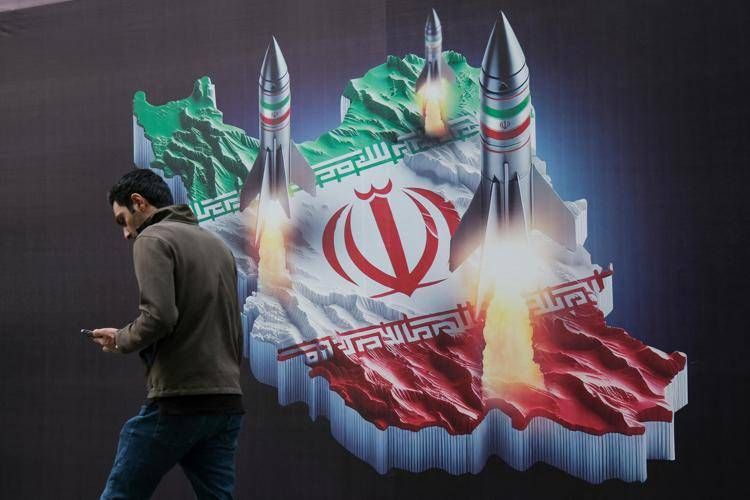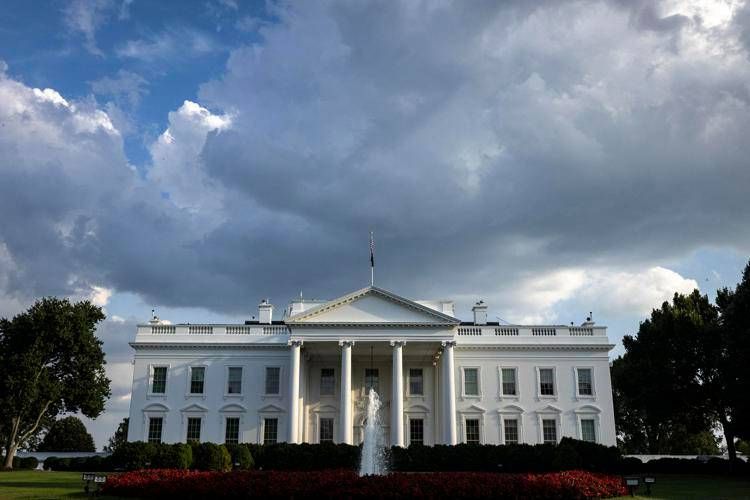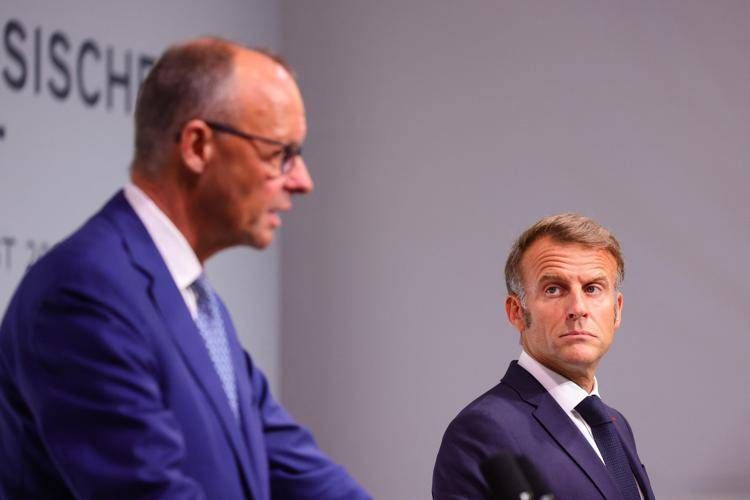
Anniversaries and Decades in 2025: A Year of Historical and Geopolitical Reflections
-


Video shock, poliziotto aggredito negli scontri di Torino
-


Alberto Trentini e Mario Burlò sono in Italia dopo la liberazione VIDEO
-
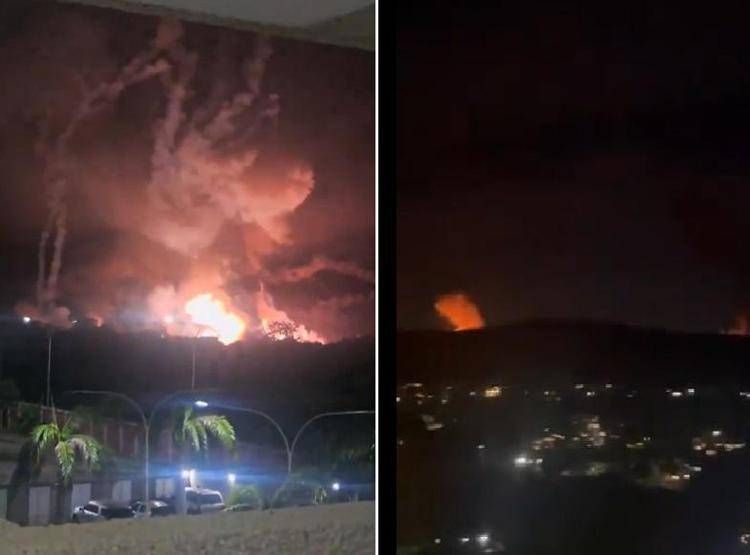

Overnight explosions in Caracas hit military area, widespread power outages reported VIDEO
-


Attacco Usa in Nigeria contro l’Isis, Trump: “Risposta al massacro di cristiani” VIDEO
The anniversary of the end of World War II, major international agreements and future challenges in politics and technology, an analysis by Giorgio Rutelli of AdnKronos
2025 marks the 80th anniversary of some crucial events of the 20th century that marked not only the end of World War II but also the beginning of a new international order. On August 6, 1945, the atomic bombing of Hiroshima marked a decisive turning point, while on August 15 of the same year, Japan surrendered, ending the conflict. Another symbolic date is October 24, when the United Nations Charter, which laid the foundation for international cooperation and peacekeeping, came into force.
50 years since the fall of Saigon
April 30, 2025 marks the 50th anniversary of the fall of Saigon, an event that marked the end of the Vietnam War. The chaotic evacuation of more than 7,000 people and the subsequent reunification of Vietnam under communist control remain a symbolic moment of the difficulties and costs of protracted conflict.
Decades: Significant Moments of 2015
The year 2025 also marks the tenth anniversary of events that have had a lasting impact on world geopolitics. On January 7, 2015, a jihadist attack on the Charlie Hebdo newsroom marked a turning point in global terrorism. On July 14 of that year, the Iran Nuclear Deal (JCPOA) was signed, only to be abandoned by Donald Trump in 2018 and not taken up by his successor Joe Biden. In December of the same year, the historic Paris Climate Accords were signed, with the ambitious goal of limiting global warming to 1.5 degrees. Unfortunately, that threshold is now seen as a difficult goal to reach.
Tariffs and Trade Wars: Trump’s Promises
Donald Trump’s return to the American political landscape raises questions about his intentions on international trade. During his campaign, Trump had threatened punitive tariffs on Chinese goods and other imports, even promising a 60 percent increase on Chinese goods. More recently, he has indicated that he also intends to impose tariffs on Canada and Mexico, despite the strong trade ties between these countries governed by the USMCA treaty. Although Trump has the power to introduce restrictions on goods without parliamentary passage, an all-out trade war would require a congressional vote, which could be thwarted by members of his own party opposed to protectionist policies.
Markets and the Global Economy: The Return of the Bulls
Trump’s influence on markets is evident, with the New York Stock Exchange posting an impressive rise in 2024, with the S&P 500 closing up 23 percent year-to-date. Analysts predict another good year, with gains between 10% and 15%. However, uncertainties remain, including Trump’s economic agenda, inflation and how quickly the Fed will lower interest rates. The United States, thanks to the monetary policies of Governor Jerome Powell, has managed to avoid a recession that seemed imminent since 2021. The growth of artificial intelligence, which boosts tech stocks, is another positive factor that could push productivity further, but global economies are at risk of being weakened by trade competition and protectionist policies.
The Decline of the Automobile Industry: An Industry in Crisis
The year 2024 was the year in which the transition to electric vehicles took a major hit. Companies such as Volkswagen and Stellantis scaled back their forecasts, while Tesla experienced a decline in sales. Chinese automakers, once considered to be lagging behind, have now caught up and surpassed Western competitors in many areas. However, the imposition of tariffs and restrictions could be an obstacle to the industry’s growth. In 2025, the automotive market could see major mergers and alliances among major manufacturers, who will need to develop new software architectures for the car of the future, including in response to advances in artificial intelligence and new technologies.
Energy Prices: A 2025 Between Uncertainty and Energy Crisis
2025 promises to be a turbulent year for energy prices, with Europe likely to pay the price for geopolitical tensions related to the end of the gas deal between Russia and Ukraine. Despite assurances from European authorities that they will be able to secure the flow of methane, energy prices are expected to rise, heavily impacting the electricity market. Rising costs will have direct consequences on households and businesses, reducing the competitiveness of European companies compared to those in the U.S. and China.
Military Spending: NATO’s Pressure and Trump’s Threat
Trump’s return has also raised the debate over NATO allies’ military spending. In 2014, under President Obama, a target of 2 percent of GDP was set for military spending by alliance members. In 2024, as many as 23 countries exceeded this threshold, but some members, such as Italy and Canada, remain below the target. Trump has indicated that he also wants to raise other countries to 5 percent, a figure that could serve as a baseline for future negotiations.
The European Defense Industry: A Future of Renewal
By the end of February 2025, the new European defense commissioner, Andrius Kubilius, will present a crucial report on the European military industry. This “white paper” will focus on the industry’s capabilities and investment needs, with the goal of strengthening the European Union’s defense. While part of the automotive sector is being dismantled, the defense industry represents a potential opportunity for economic and employment development. However, public reaction may not be favorable, given the growing concern about military spending.
Drones and Hypersonic Weapons: The Future of Warfare
The future of weapons of war is focusing on drones and hypersonic missiles. Drones, used by countries such as Turkey and Iran, are changing the face of military operations, both in land and naval conflicts. At the same time, hypersonic weapons, capable of exceeding Mach 5, are the focus of competition among powers such as Russia, the United States and China. These missiles pose a new challenge to traditional defense systems, although the technology to intercept them is still being developed.
Artificial Intelligence Sovereignty: A Global Challenge
The concept of “artificial intelligence sovereignty” is set to grow in 2025 as countries seek to develop “sovereign” AI models that can compete with U.S. tech giants such as OpenAI, Google and Microsoft. However, for countries like Italy, this challenge may prove difficult, given the dominance of large international players in the field. Likewise, the EU is promoting the infrastructure needed to develop autonomous and secure AI solutions.
THE LATEST NEWS
(Source: © AndKronos)
-

 Meteo18 ore ago
Meteo18 ore agoMaltempo in Italia: allerta arancione in Calabria, frane e allagamenti gravi
-

 News21 ore ago
News21 ore agoL’indagine per la morte della bimba di Bordighera: indagato anche il compagno della madre
-

 Flash21 ore ago
Flash21 ore agoTrapianto di cuore fallito al Monaldi di Napoli: bimbo resta grave
-
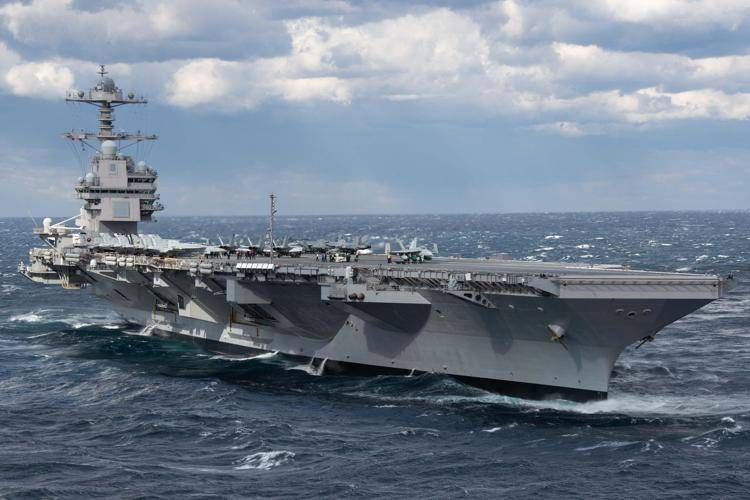
 Primo Piano21 ore ago
Primo Piano21 ore agoTrump ordina anche dispiegamento portaerei USS Ford nel Golfo Persico






